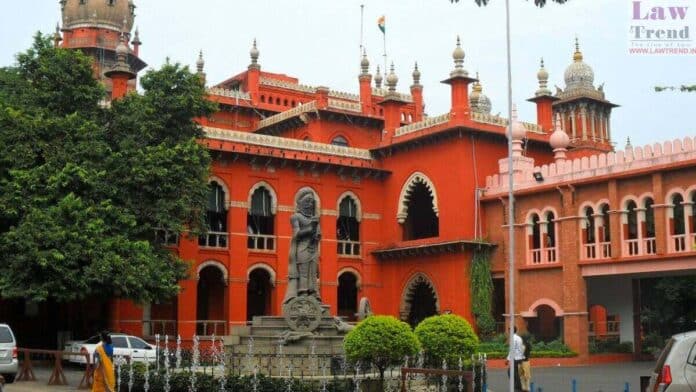Justice Krishnan Ramasamy of the Madras High Court delivered a crucial judgment on December 20, 2024, shedding light on jurisdictional issues in faceless tax assessment procedures. The case, involving Mark Studio India Private Limited, revolved around the validity of notices issued under Sections 148 and 148A of the Income Tax Act, 1961, by Jurisdictional Assessing
To Read More Please Subscribe to VIP Membership for Unlimited Access to All the Articles, Download Available Copies of Judgments/Order, Acess to Central/State Bare Acts, Advertisement Free Content, Access to More than 4000 Legal Drafts( Readymade Editable Formats of Suits, Petitions, Writs, Legal Notices, Divorce Petitions, 138 Notices, Bail Applications etc.) in Hindi and English.




